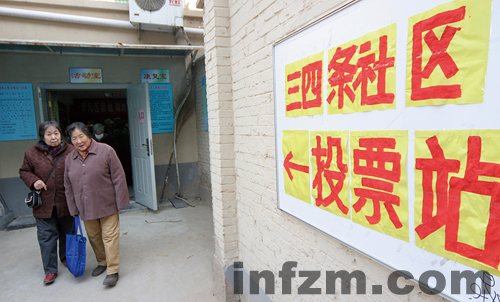Li Liang from Southern Weekend writes[CN] on possible changes and approaches to National People’s Congress representation as outlined in China’s Election Law. Presently, the Election Law stipulates that “the number of people represented by each rural deputy is four times the number of people represented by each town deputy.” This has given rise to the contention that rural residents are subject to “same life, different rights” (同命不同权) under the “one-fourth clause” (四分之一条款). Translation of excerpt by CDT:
[A time of] revisions to the Election Law is at a critical stage and the opportunity to abrogate the “one-fourth clause” is already ripe. Those who participated in a meeting for legislative research have reached a common consensus: as regards the People’s Congress elections, the fact that one urban city resident counts as more than four villagers is absolutely unacceptable. Currently, the division in opinion lies in [how to approach the matter]: should one city resident be allowed to equal one rural resident at once, or should adjustments take place piecemeal, first letting one urban city resident equal two rural residents?
There is still about a half year’s worth of time should the “at once” approach take place and next spring’s National People’s Congress agree to these changes. A number of constitutional scholars believe that the historical legitimacy of the “one-fourth clause” and the unequal urban city voting rights that extended over half a century may soon come to an end. When will be the time that urban resident population or rural resident residence [numbers] cease to matter, and a new era usher in “one man, one vote,” with “same vote, same rights”?
Read more about China’s Election Law on CDT.








